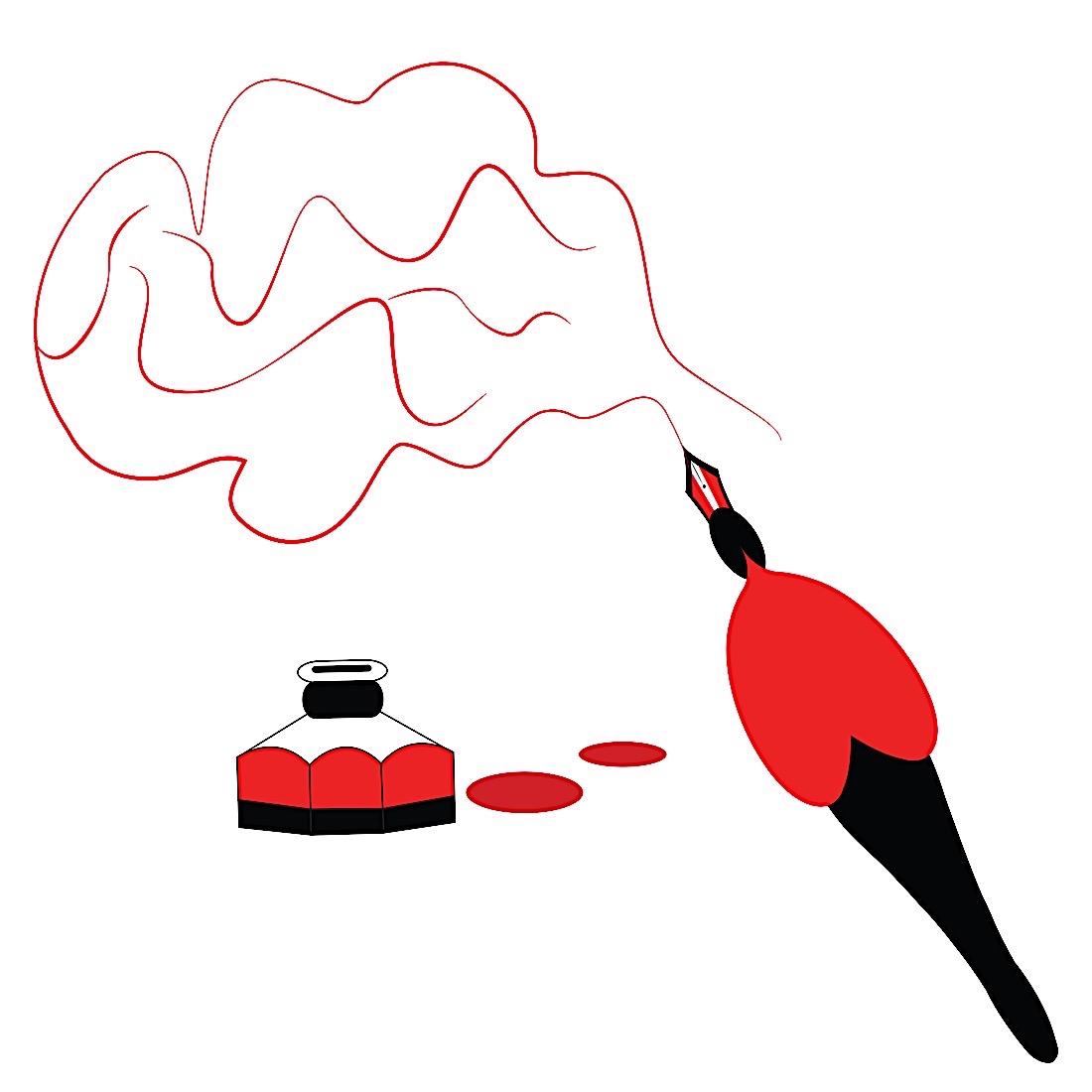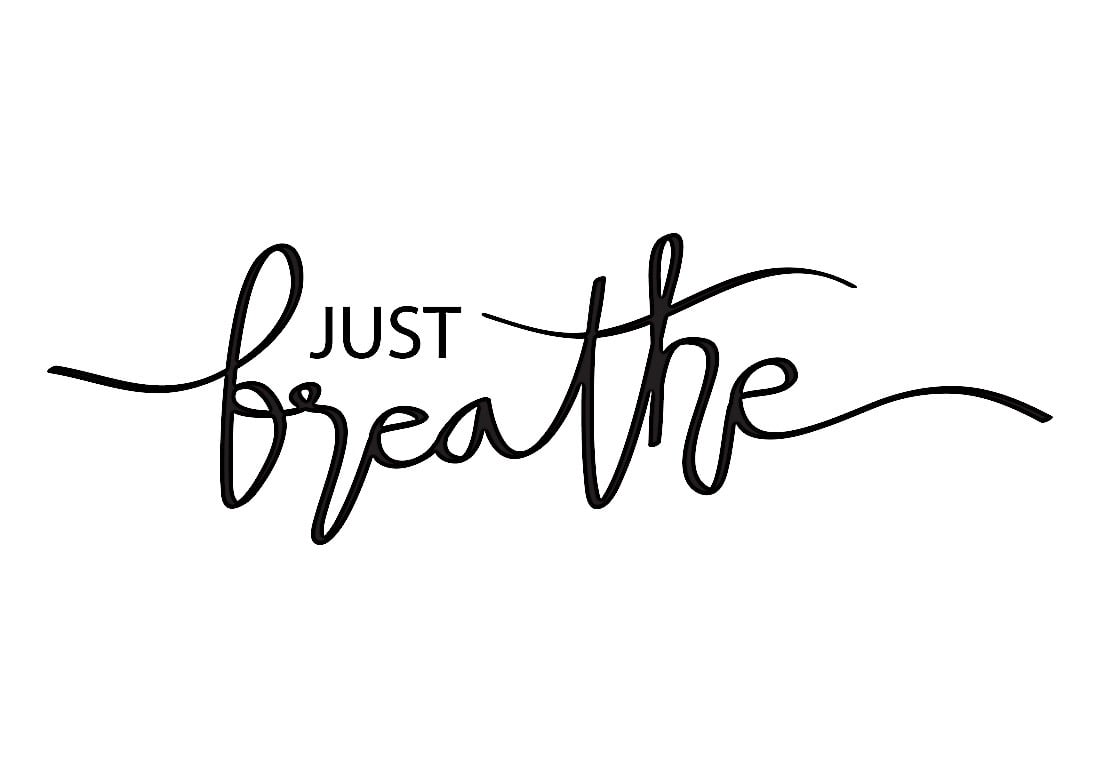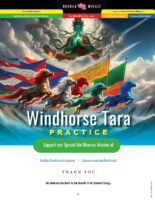How to Use Writing as a Meditation Practice
Writing can be an effective and powerful meditation tool, which can help us activate our minds, integrating our creative mind with the mind of meditation [1].
The use of writing as a meditation practice can be used as a process of inquiry, which can help track our progress when we need to loosen our attachments and our habitual tendencies, as well as sharpening our ability to be present in our reflective moments.
Spending as little as 20 minutes everyday writing can be of great benefit, as a meditative exercise. When using writing as a meditation practice, there are several steps that one can follow, ensuring that the whole process is successful and fulfilling.

Use your Life to Fuel Your Writing
You must have substance to write before you put pen to paper. Substance is what you pull your content from, which is life. Let your life be the fuel for your writing. The writer needs to ensure that he or she notices and pays attention to everything that surrounds them in life [3]. This attention paid to one’s life and surrounding will give you the fuel to motivate your writing. There does not need to be elaborate journalistic level of writing. It can be about the last time you did something, or that last time you went somewhere, a memorable place you went or even a memorable intimate experience you had in the past. Once you start paying attention to your surroundings, you can note a lot of things that can spark your creativity and give you writing materials. You can start describing the color of your fridge, then find yourself writing about your eating habits, and end up writing about your first boyfriend or your high school experience.

Choose Pen and Paper Over Typing
Writing with a pen and paper tends to effectively connect one’s heart with the mind, making the writing process more intimate and personal. Using a computer is okay, but there is physical connection, a physical sensation that a writer has when using pen and paper [4]. The body is connected with mind when one is writing with a pen and paper as opposed to typing. When the hand is writing, there is a powerful sensation that one gets, connecting you with the actual words on the paper and offering better meditative relief than typing.

Continuous Writing Without Editing is Preferred
When it is time to write, make sure that you are in a location where you will not be interrupted or distracted, and be able to continuously write for a given period of time. Set a timer for your writing process as this will keep you grounded in the writing process. Do not stop reflecting on what you are writing, or to try and make sense of your writing. Keep on writing until you are out of things to write about. Write fast, without posing to think about the quality of your work or the context of your words [2]. Ensure your mind is relaxed so that you can gain access to what considered your discursive thoughts, and let your words surprise you. Most of the time when you start writing about one topic, you will inevitably find yourself writing about something else. Your first thoughts and words might be bogged down by emotions or your ego. It is important to get those words out first, then burn through to the truth without any fear of limitations. When you start the writing process, do not have any expectations on the quality of your work. The intention of writing as meditation is to put your feelings into words, so it is important to remember that you are not writing a book or an article but expressing yourself. Give yourself time for your innermost self to be expressed and portrayed naturally without the constraints of quality and time limitations.

Read the Written Words Out Loud after Every Writing Session
This might sound uncomfortable but it works well to make the works come to life as you read them out loud. Reading the words out loud touches you in a unique way, making the writing process more therapeutic [1]. This reading process should not involve edits as making edits will make the process a proofreading process thus diminishing its meditative qualities. This process can be done by yourself or with another person who is willing to share with you. This is a delicate process that does not need someone else judging you so it is important to ensure that the other person is willing to use writing as a meditation practice.
Writing can be a powerful tool which can be as effective as a fulfilling meditation exercise. Through writing, we can explore ourselves and our thoughts without the worry of other people intruding into our private thoughts. It can be a good way to bring to bear what we are thinking and feeling in our subconscious. Writing can be taken up as a meditation process on its own, or added as a practice by those already doing some other form of meditation.
Paul Bates is a writer contributing to SolidEssay.com and ConfidentWriters.com writing help websites where he covers topics related to education, healthcare, and business. Paul is also a part-time editor at Beestudent.com.
NOTES
[1] Brunette J. (2013, August 10). How to Use Writing as a Meditation Practice. Huffpost. Retrieved from
[2] Goldberg, N. (2005). Writing down the bones: Freeing the writer within. Shambhala Publications.
[3] Hamilton C.M. (2018). Writing Meditations: 36 Prompts to Inspire Meditative Writing. ASIN, Kindle Edition.
[4] Penn J. (2019, April 5). Writing Tips: How To Use Writing As A Meditation Technique. The Creative Penn.
More articles by this author
Search
Latest Features
Please support the "Spread the Dharma" mission as one of our heroic Dharma Supporting Members, or with a one-time donation.
Please Help Support the “Spread the Dharma” Mission!

Be a part of the noble mission as a supporting member or a patron, or a volunteer contributor of content.
The power of Dharma to help sentient beings, in part, lies in ensuring access to Buddha’s precious Dharma — the mission of Buddha Weekly. We can’t do it without you!
A non-profit association since 2007, Buddha Weekly published many feature articles, videos, and, podcasts. Please consider supporting the mission to preserve and “Spread the Dharma." Your support as either a patron or a supporting member helps defray the high costs of producing quality Dharma content. Thank you! Learn more here, or become one of our super karma heroes on Patreon.
Paul Bates
Author | Buddha Weekly
Paul Bates is a writer contributing to SolidEssay.com and ConfidentWriters.com writing help websites where he covers topics related to education, healthcare, and business. Paul is also a part-time editor at Beestudent.com.













